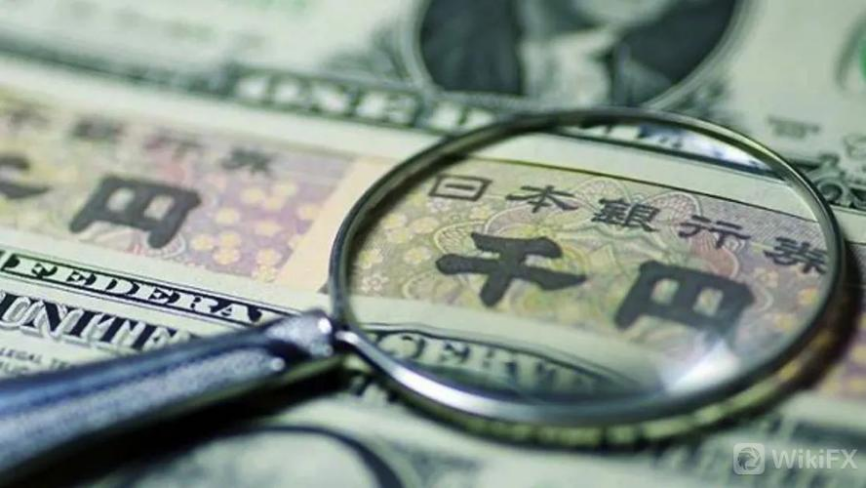
On May 16, Japan released an economic data showing that after adjusting for price changes, Japan's gross domestic product (GDP) in the first quarter of 2024 fell by 0.5% quarter-on-quarter, and the year-on-year decline reached 2.0%. This data indicates that the Japanese economy has once again fallen into negative growth for the first time in a quarter. The negative growth news has cast a pall over the outlook for Japan's economy and served as a reminder of the serious challenges it still faces.
Specific analysis, Japan's GDP negative growth is affected by a variety of factors. First of all, the violation scandal of Toyota Motor and other companies led to the suspension of car production and sales reduction, which had a great impact on the manufacturing industry. In addition, the earthquake that struck the Noto Peninsula in January this year also had a certain impact on economic activity. Second, from the perspective of personal consumption, Japan's personal consumption also showed a sluggish trend in the first quarter of 2024, falling by 0.7% quarter-on-quarter, which is four consecutive quarters of negative growth. This reflects Japanese consumers' reduced willingness to spend in the face of economic uncertainty and rising prices. In addition, there were also month-on-month declines in capital expenditure and private residential investment. This may be due to business concerns about the future economic outlook and the impact of the housing market correction.
In the face of this negative GDP growth, the Japanese government and economists have also carried out in-depth reflection, that this may have a further impact on domestic consumption, Japan's economic prospects are worrying. First, weakening domestic demand has become a key drag on Japan's economic growth. Personal consumption, which accounts for more than half of Japan's economy, has been in negative territory, falling 0.7% month-on-month, reflecting weak consumer confidence and less optimistic expectations for the future economy. In addition, private residential investment and business equipment investment also fell 2.5 percent and 0.8 percent from the previous month, respectively, indicating that companies are less willing to expand.
Second, Japan's external demand also suffered, with exports falling 5.0%, the first decline in four quarters. The decline in auto exports is one of the main factors, while uncertainty about the pace of the global economic recovery and economic fluctuations in major trading partners have also weakened Japan's export momentum. In addition, the negative growth of GDP may also have a negative impact on Japan's job market, corporate profits and public finance, thereby intensifying the tension in the job market, affecting public finance revenue, and increasing the pressure on government finance.
Finally, negative GDP growth may also affect Japan's international standing and influence. As the world's third largest economy, Japan's economic performance has important implications for the global economy. If Japan's economy continues to weaken, it may weaken its status and influence on the international stage, thereby reducing its voice and decision-making power in global economic governance, leaving Japan in a passive position in regional and international affairs, and difficult to effectively safeguard its own interests and regional stability.
Japan's economy is at a critical crossroads. The decline in GDP in the first quarter is not only a warning about the current state of the economy, but also puts higher demands on policy makers. They are faced with new tasks. On the one hand, they want to boost spending and prevent deflation by raising wages and cutting income taxes. On the other hand, the Bank of Japan is also considering adjusting its interest rate policy in response to slowing economic growth and inflationary pressures. In the future, how to find a balance between stimulating consumption, controlling inflation, stabilizing the value of the currency and promoting economic growth will be a major issue facing Japan. It also reminds us that against the backdrop of many uncertainties in the global economy, countries need to pay close attention to economic developments, strengthen policy coordination, and jointly address challenges.

报告显示,中国电力投资加速增长,预计2024年电网基建投资将超过5300亿元。
近日,市场迎来了一则引人注目的消息:工业巨头3M公司(MMM.N)在本周五公布了其季度业绩报告,随后股价飙升至近两年来的
最近,外媒给OpenAI算了笔账,今年可能要血亏50亿美元。
近日,巴黎奥运会和世界铁人三项协会联合发布了一项重大决定,宣布因塞纳河水质污染问题,原定于近期进行的奥运会铁人三项首次下
当地时间7月18日,法国巴黎发生了一起令人震惊的持刀袭警事件。
近期,一则重大消息在国际舞台上引起轩然大波,马来西亚宣布加入金砖国家。
调查发现,互联网和智能手机的使用干扰了韩国近五分之一学生的生活。